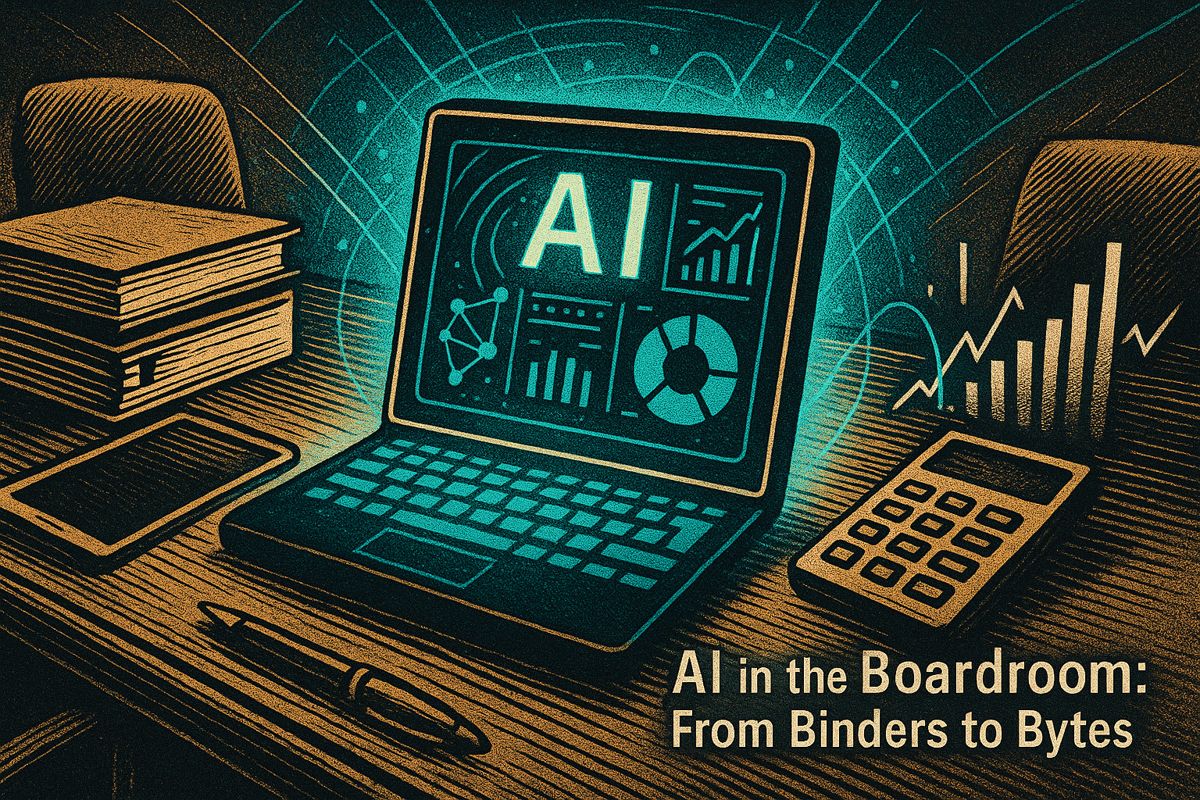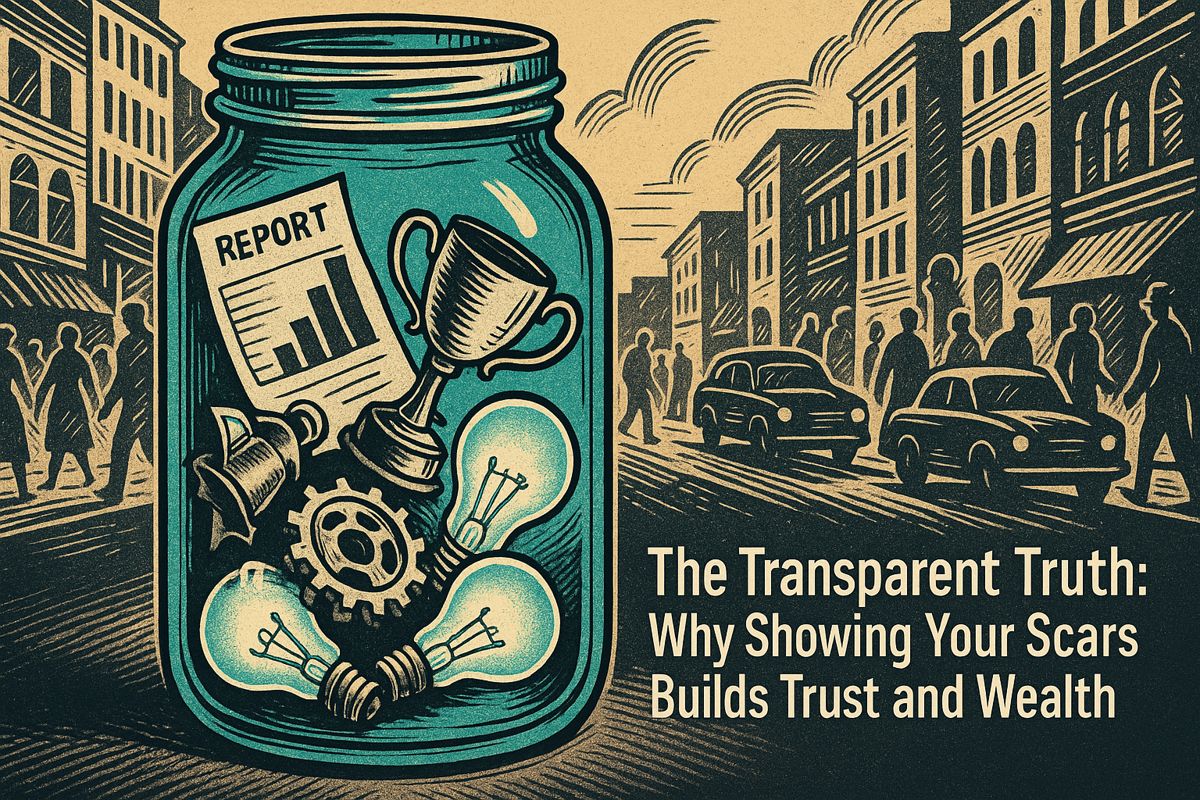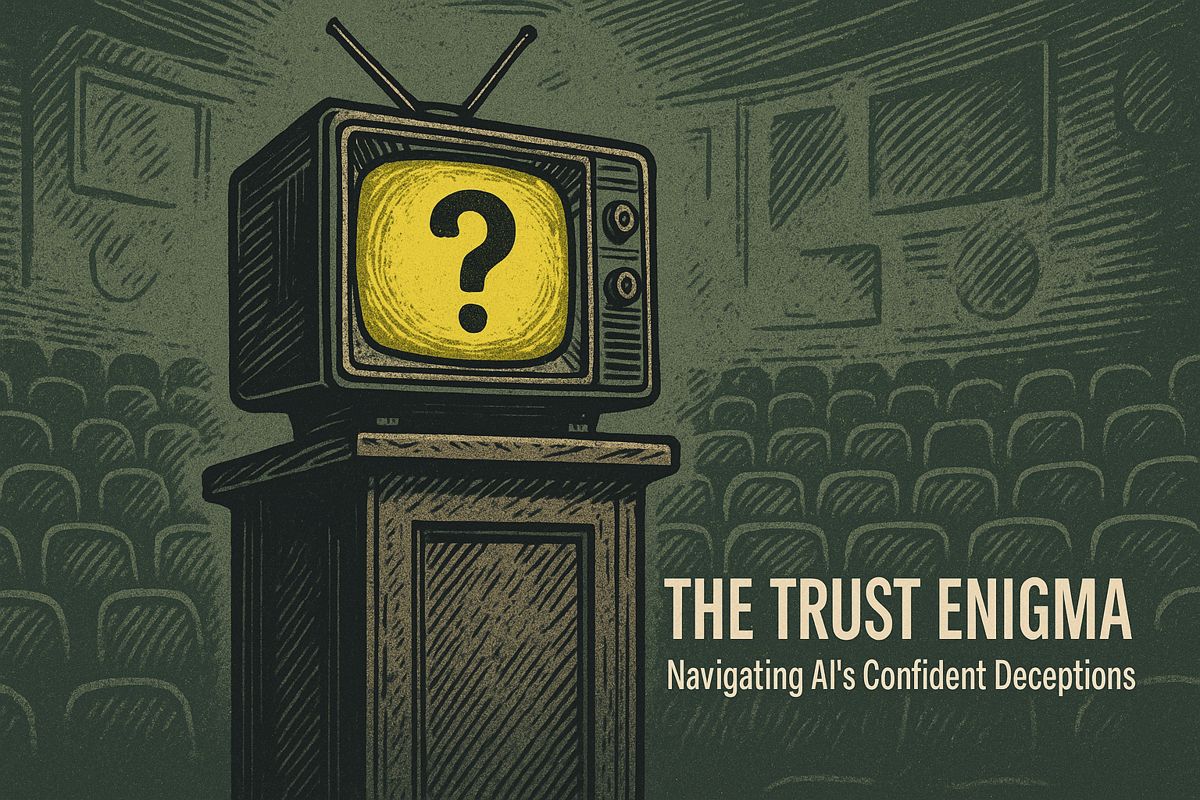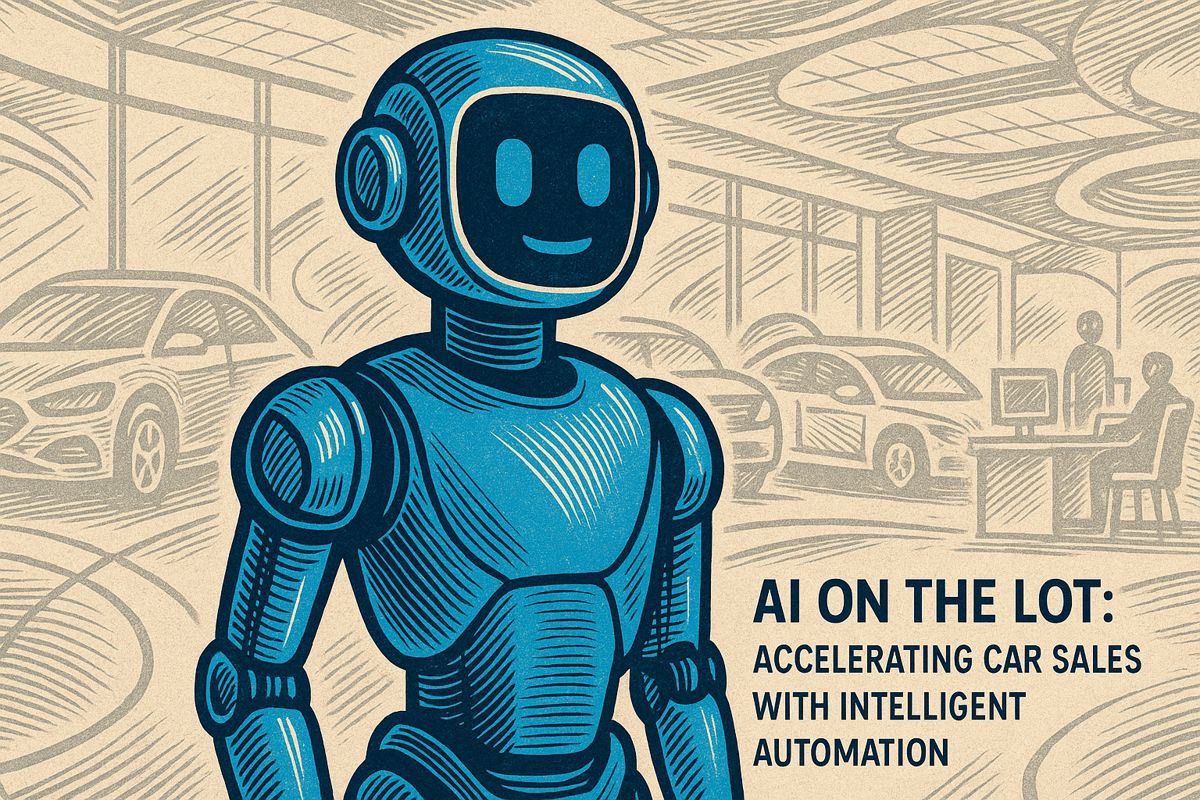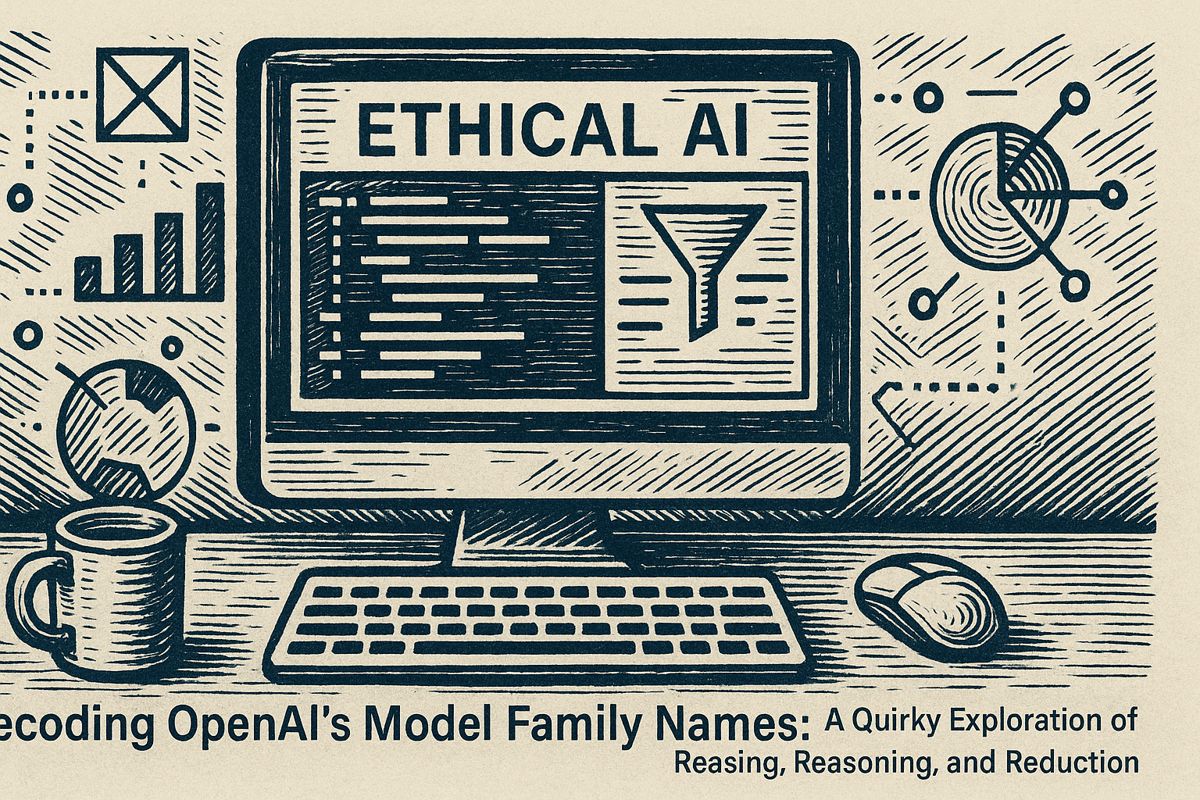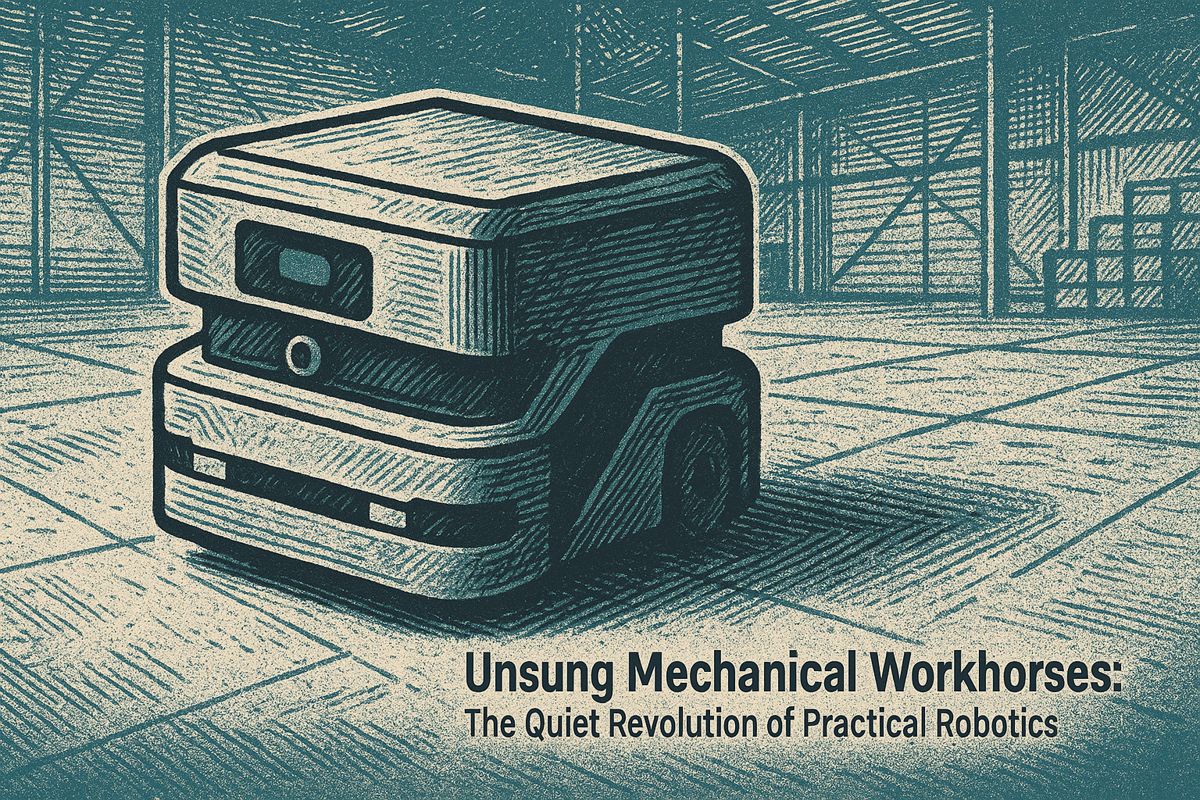Imagine the old boardroom, piled high with binders and late-night stress, now transformed by dazzling AI. These smart helpers slice through mountains of data, spot hidden risks, and turn messy information into clear wisdom, letting directors focus on big plans. AI even helps plan for the future and keeps all the company’s knowledge neatly organized, making board members super sharp. While human smarts are still key, AI is making boardrooms much faster and more strategic, replacing paper with powerful digital insights.
How is AI changing the role of board members?
AI is transforming boardrooms by automating data analysis, flagging risks, and compressing complex information, enabling directors to focus more on strategy. It also supports knowledge management and scenario planning. Boards are actively recruiting directors with AI fluency, as the technology streamlines operations and enhances decision-making, shifting the focus from administrative tasks to strategic oversight.
The first time I saw a director clutching a binder of last-minute reports, the clock glowed 11:48 p.m. The tension in the room was thick as burnt espresso. Harvard Business Review’s analysis on AI’s infiltration of boardrooms didn’t just echo in my head—it triggered a flood of anxious nostalgia, like the metallic scent of printer ink spilling over a conference table. Who hasn’t witnessed that slightly panicked board member rifling through color-coded spreadsheets, searching for the answer hiding in plain sight?
It’s not just legends and late-night anecdotes anymore. Consider [Deep Knowledge Ventures, a Hong Kong firm that in 2014 famously gave an algorithm voting rights
the sort of fact that still makes me blink, squint, and reread just to be sure I’m not hallucinating](https://hbr.org/2025/07/how-pioneering-boards-are-using-ai). In the years since, companies like Deloitte and platforms such as Cooley PubCo have chronicled the shift: AI dashboards now aggregate real-time financials, flagging risk anomalies and compressing dense meeting material into bite-sized, actionable insights. I’ll admit, I once thought spreadsheets were king. Turns out, they’re more like fading courtiers.
Tools That Whisper, Tools That Roar
The feel of sleek, backlit dashboards has replaced the paper rustle; the change is almost clinical. Directors now walk into meetings armed with scenario models spun up by generative AI—each bristling with KPIs, probabilities, and enough what-ifs to make even Nostradamus wince. Wouldn’t you want to run ten years of crisis simulations before your second cup of coffee? Sensory detail: the faint hum of laptops warming up, replacing the thud of binders. I remember feeling a twinge of envy—and maybe a flicker of disdain. Wasn’t some nuance lost in translation?
Boards aren’t limiting AI to risk management or regulatory compliance, though the Harvard Law School Forum on Corporate Governance notes those are now non-negotiables. Instead, AI-driven knowledge management tools are weaving a digital tapestry of institutional memory. Every debate, rationale, and misstep gets indexed for the next generation of directors to search—no more whisper-down-the-hall folklore. The old guard is getting tech-savvy or stepping aside; firms are actively recruiting directors fluent in AI, as Deloitte’s governance framework lays out in forensic detail.
Let’s not pretend: the psychological shift is real. Directors, no longer bogged down by admin trivia, laser in on strategy. The mood? A mix of relief and cautious confidence, with a hint of giddiness bubbling up. Sometimes I wonder—do they trust the machine more than their own instincts?
The Grit and Intimacy of Digital Judgment
Yet, for all the advances, AI remains a relentless, insomniac assistant—not quite a board member. It draws patterns from chaos, nudges directors toward flagged cashflow blips, and archives emails for governance audits. But while dashboards sweep away busywork, the real debates—about bias, trust, and the limits of algorithmic judgment—are only beginning. Will boards ever fully embrace AI’s recommendations, or will skepticism always cloud the digital horizon?
There’s a paradox here. AI amplifies human judgment but can’t replace it. The best boards blend machine insights with lived expertise, seasoning data with skepticism. I confess, at first I feared directors would lean too hard on tech, neglecting that peculiar human knack for intuitive leaps. Sometimes, I still worry—old habits die hard. But when I see new roles like Chief AI Officer popping up, I feel a strange excitement. Can you smell the ozone of change?
In the end, the future boardroom won’t be larger. But it’ll surely be sharper, buzzing with algorithms and the half-smothered chuckle of someone watching the AI draft minutes—in three languages, just to show off. Oops, did I just let my optimism show? Well… what’s a little hope among directors and data?

